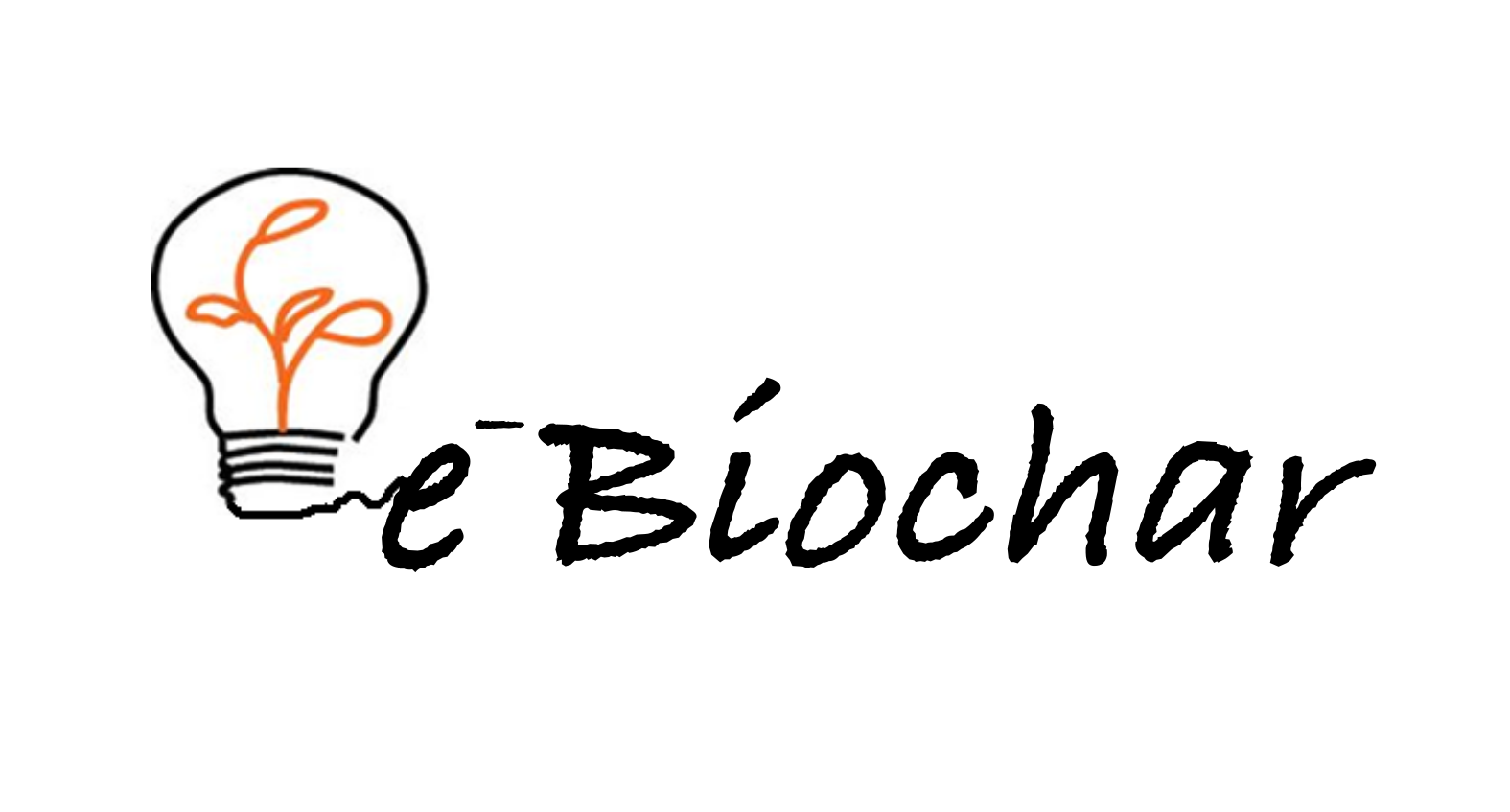About
e-Biochar project aims to promote the use of electroactive biochar for nutrient recovery from agri-food wastewater to be recycled for plant nutrition in agricultural fields.
Biochar is a particular type of charcoal derived from pyrolysis that:
- has several electro-active properties;
- can be produced at large scales (from green waste and agro-forestry residues) with a positive energy balance (recovery of syngas)
- is fully biogenic/biocompatible.
The fabrication of biochar-based bioelectrodes that simultaneously enhance electrical conductivity, electrocatalytic properties, biocompatibility and the capacity to host microbial communities, defines a particular class of such materials: the ‘electro-active biochar’ (e-Biochar).
e-Biochar-based bioelectrodes are applied at lab-scale in innovative designs of microbial recycling cells, where agro-food wastewater are treated to recycle plant nutrients (N, P, K, Ca, Fe, etc.) to agricultural soil. These new bioelectrodes will be coupled to established technologies based on METs, such as i-METlands and e-BioPond, to improve their nutrients recycling capacity.
In e-Biochar project, we firstly studied the electrochemical properties of commercial biochar and we have enhanced biochar’s electro-active properties.
A lab-scale study of e-fertilization aims at investigating the role of biochar’s electro-active properties (as-it-is or enriched with plant-nutrients) in influencing microbial and biogeochemical soil processes.
In this project, we have the chance of collecting field-data in biochar-amended maize cultivation trials, looking at the electroactive microbial communities of the rhizosphere/rhizoplane.
The outcomes will be evaluated in view of a new circular resource-recovery scheme, with life cycle assessment and economic tools, to simulate possible large-scale application of such concepts.
